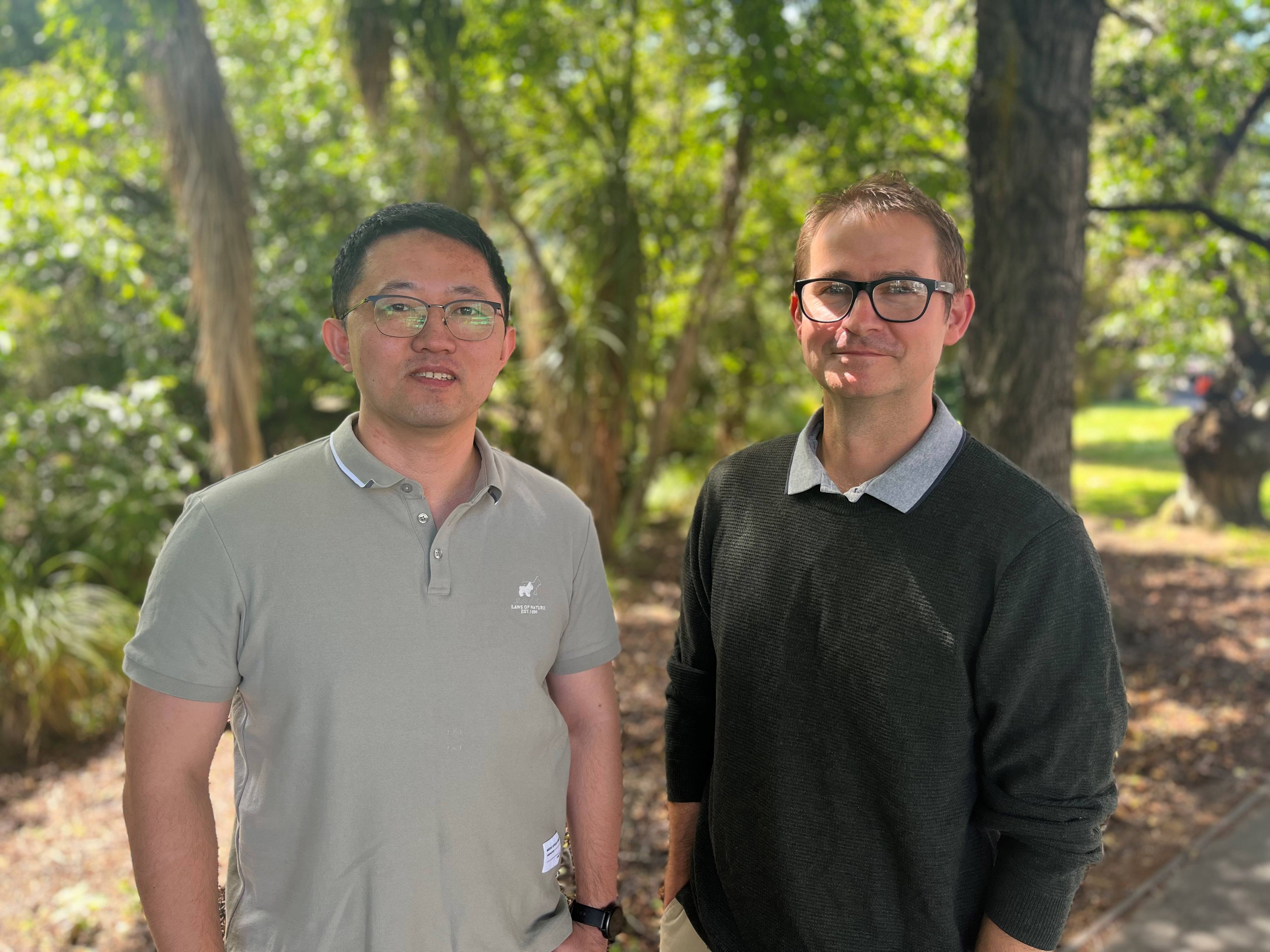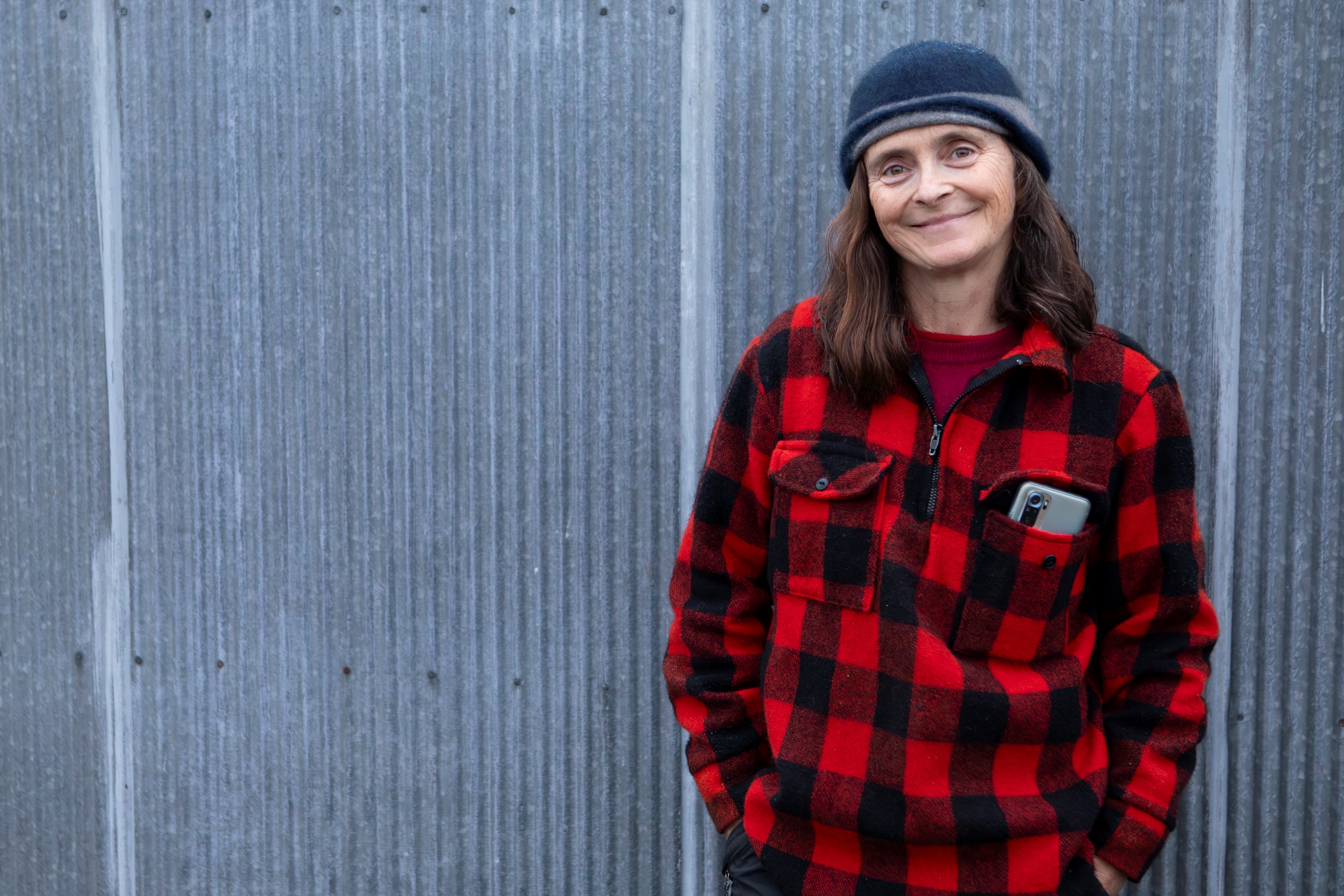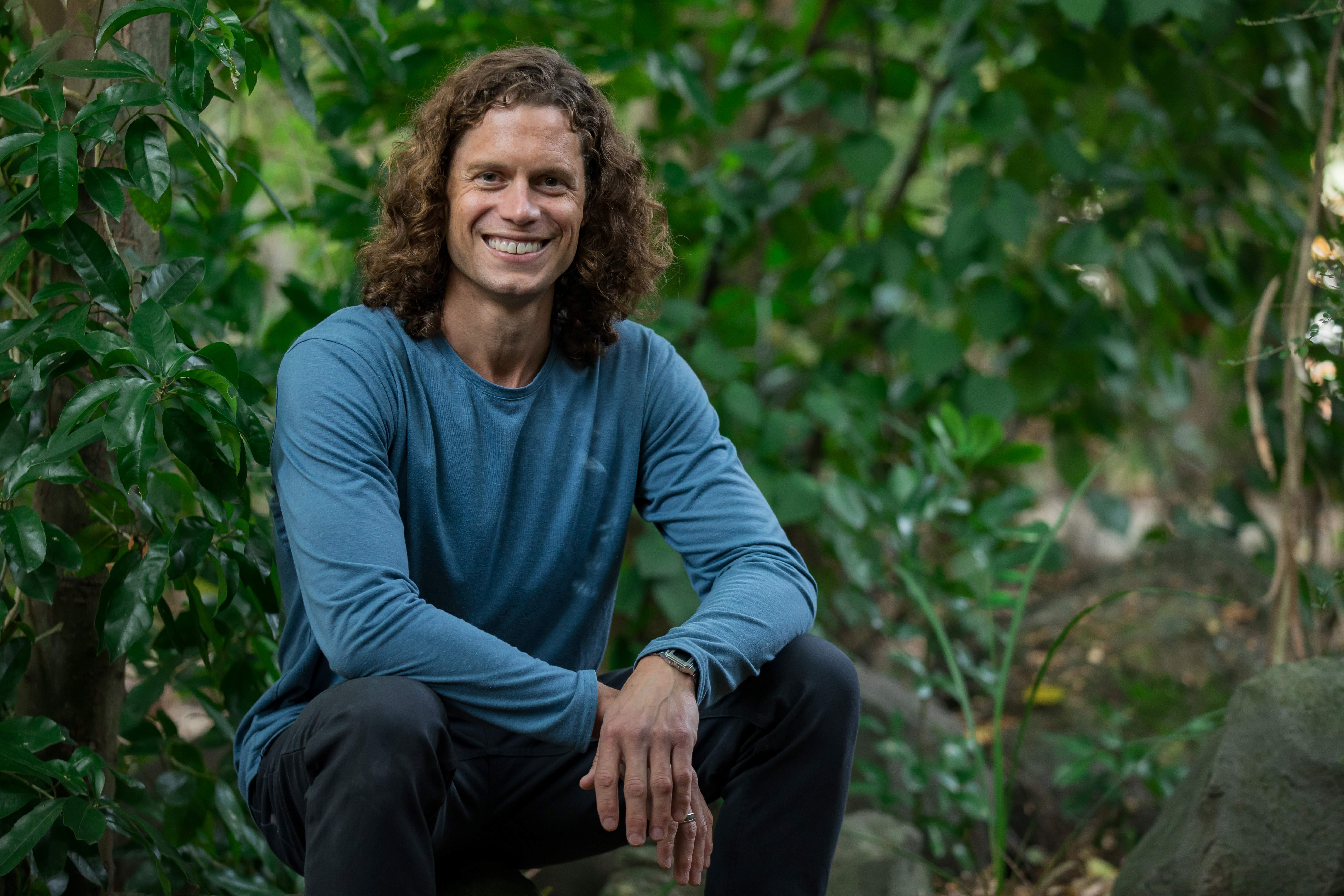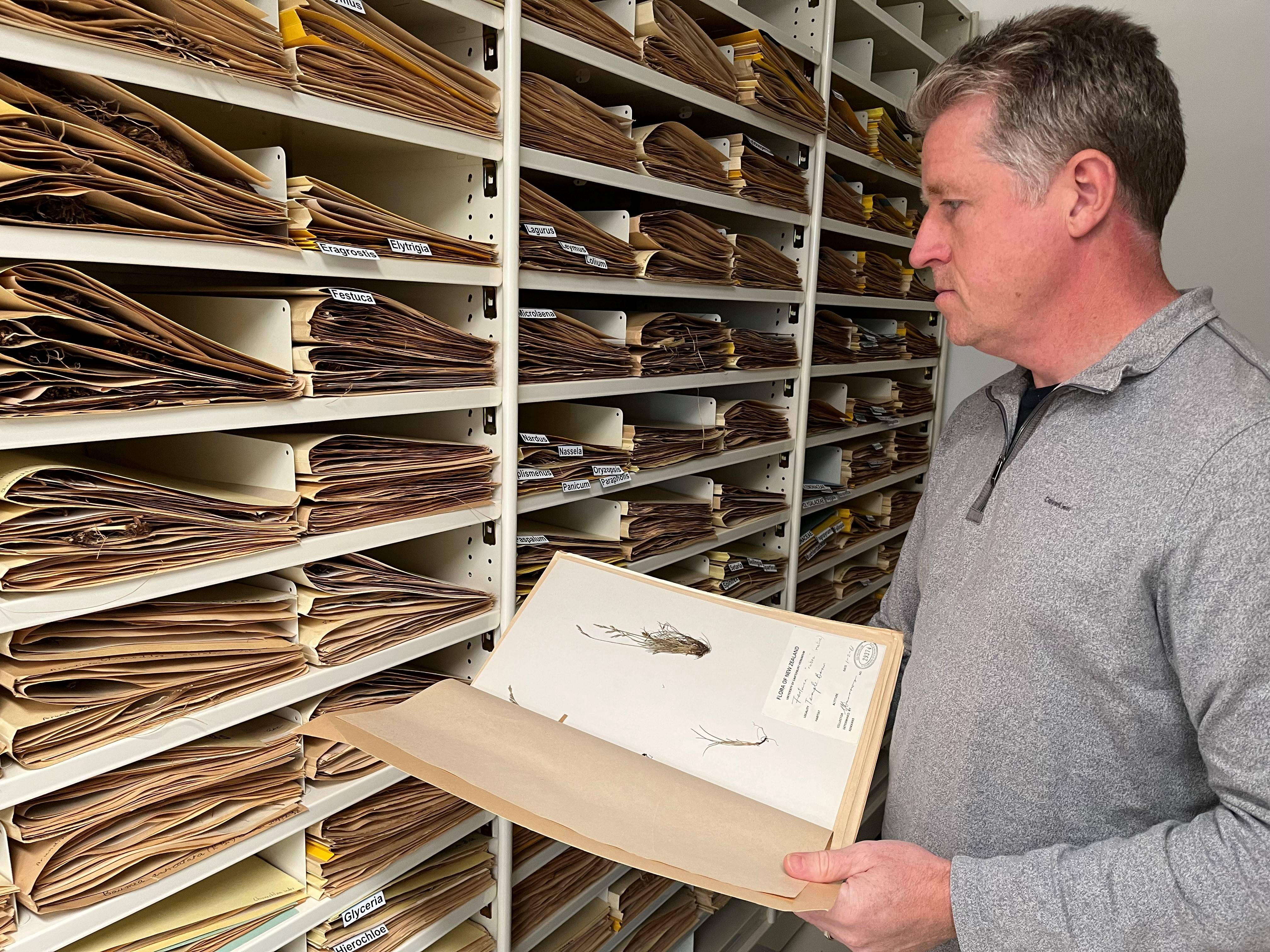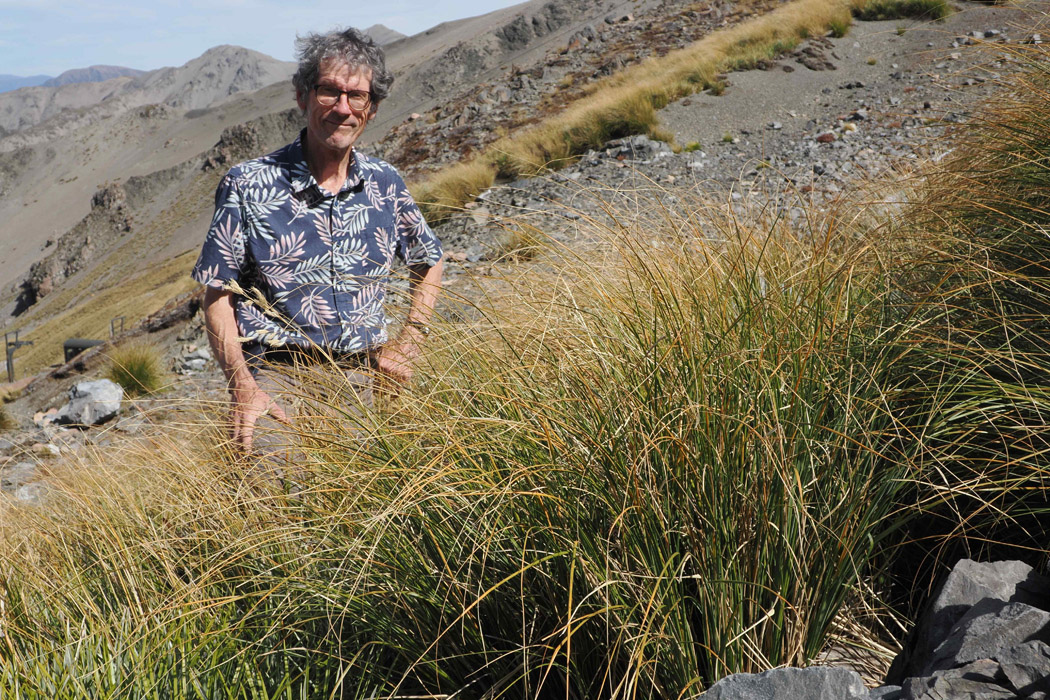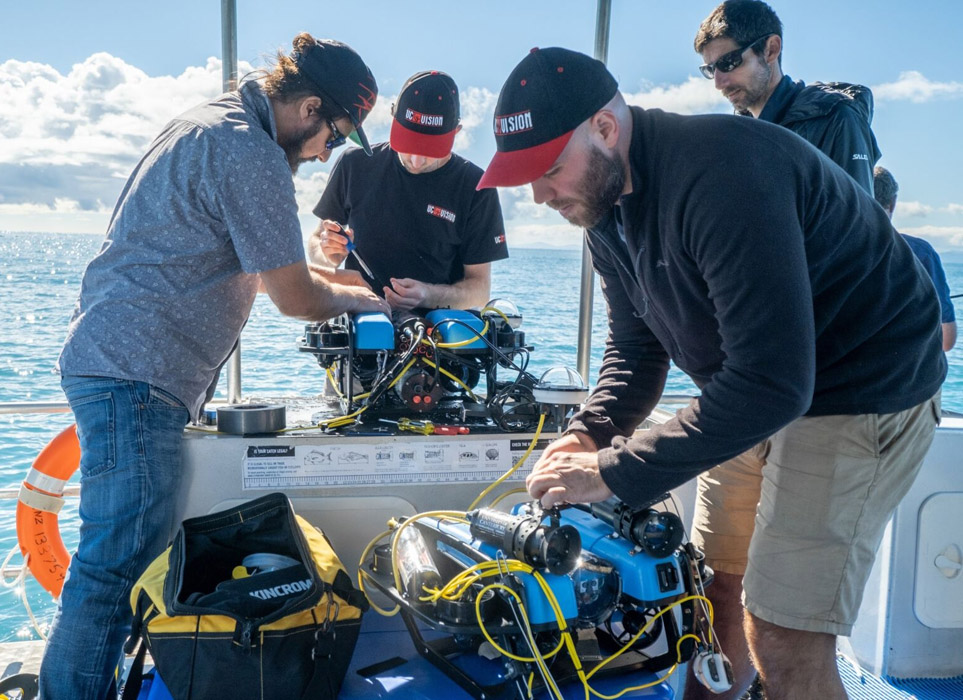“We want to develop the most advanced integrated energy system model for New Zealand,” Dr Peer says. “This will include electricity, heat and transport demands at the urban, suburban and national scale. Green hydrogen can play different roles across all those different sectors”. Dr Peer, who specialises in computational modelling and data analysis relating to energy systems, says it’s this integrated approach that sets their work apart.
Dr Haas says their work will provide scientific evidence to quantify a comprehensive green hydrogen strategy for New Zealand. “The industry and transport sectors currently emit a high proportion of New Zealand’s greenhouse gases. We want to understand the role of green hydrogen in meeting New Zealand’s net-zero goal,” he says. “How much we can use it cost-effectively and what for – including its potential as a fuel for planes and ships or potentially export it to the Pacific Islands – is what our project is designed to assess and quantify.”
He says hydrogen has the potential to perform many roles but there are challenges with its cost-effectiveness, given its lower efficiency, that need to be assessed thoroughly. “With one over-arching model that encompasses different sectors, energy technologies, applications, and services, we think the future of hydrogen can be fully understood.
“We hope to deliver an energy system pathway and provide some answers for the New Zealand Government and the energy industry as well as understanding business cases for local communities. We would like to extend an open invitation to participate in our workshops throughout the project.”
Green hydrogen is produced from renewable energy sources. Electrolysers split water into its components of hydrogen and oxygen, emitting zero carbon dioxide in the process. It’s one of the few technologies able to offer long-term energy storage, green fertilisers, and green steel, so it’s a hot topic as Aotearoa strives to become a net-zero carbon economy by 2050.
The UC-led project establishes strong partnerships between New Zealand and Germany. The team includes DLR research groups led by Drs Hans-Christian Gils and Wided Medjroubi, the Electrical Power Optimisation Centre (EPOC) at the University of Auckland, and the University of Canterbury’s Electric Power Engineering Centre (EPEC), Cluster for Community and Urban Resilience (CURe), and Department of Civil and Natural Resources Engineering, and an advisory board made up of international academics and representatives from local energy companies such as Hiringa, Mercury, Genesis and Contact Energy.
The team plans to adapt and enhance the DLR’s open-source energy planning tool REMix, developed over the last 15 years, to study the integration of hydrogen technologies in New Zealand.



